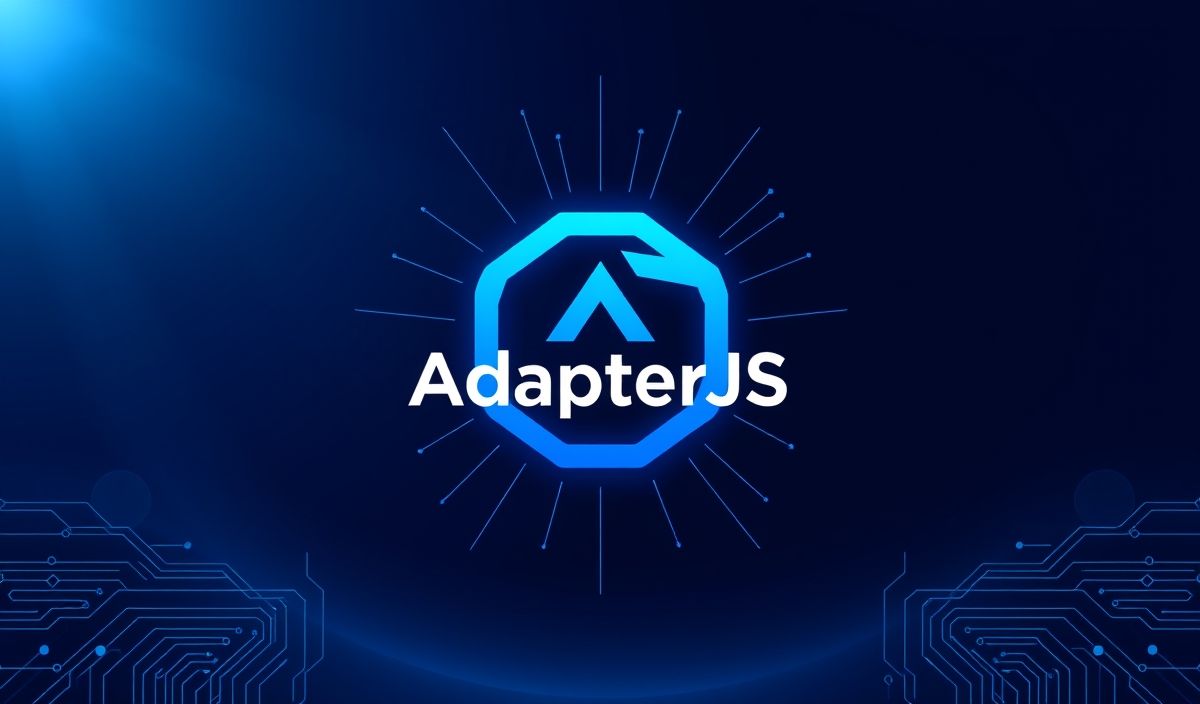Introduction to Auto-reload
Auto-reload is an indispensable feature in web development that automatically reloads the web application whenever there’s a change in the source code. This feature significantly boosts developer productivity by providing immediate feedback on code changes.
Understanding Auto-reload APIs
Below are some common APIs provided by popular frameworks and tools to implement auto-reload:
Using Auto-reload in Webpack
Webpack provides a development server called webpack-dev-server that enables auto-reload:
const path = require('path');
const HtmlWebpackPlugin = require('html-webpack-plugin');
module.exports = {
entry: './src/index.js',
output: {
filename: 'main.js',
path: path.resolve(__dirname, 'dist')
},
plugins: [
new HtmlWebpackPlugin({
template: './src/index.html'
})
],
devServer: {
contentBase: './dist',
hot: true
}
};
Using Auto-reload in Django
Django has built-in support for auto-reload during development:
python manage.py runserver --noreload
Using Auto-reload in Flask
Flask also provides easy configuration for enabling auto-reload:
if __name__ == "__main__":
app.run(debug=True)
Using Browsersync for Auto-reloading
Browsersync is an external tool that provides advanced synchronization capabilities including auto-reload:
const browserSync = require('browser-sync').create();
browserSync.init({
server: "./app"
});
browserSync.watch("app/**/*.*").on("change", browserSync.reload);
Comprehensive Application Example
To see the power of auto-reload in action, consider the following example. Here we create a simple web application using Node.js and Express, and configure it for auto-reload using Nodemon:
// Install dependencies
// npm install express nodemon --save
const express = require('express');
const app = express();
app.get('/', (req, res) => {
res.send('Hello, World!');
});
app.listen(3000, () => {
console.log('Server is running on http://localhost:3000');
});
// Add a script in package.json for easy start
// "scripts": {
// "start": "nodemon app.js"
// }
// Start the server
// npm start
With above setup, changing any code will automatically restart the server, and the browser will reload showing the latest development updates.
Auto-reload transforms the development workflow and allows you to see changes in real-time, which is essential for efficient debugging and rapid feature development.
Hash: 4792918d354dd200cee80c6f019544d49b9959acc9440326b84bdfc6360876fd




